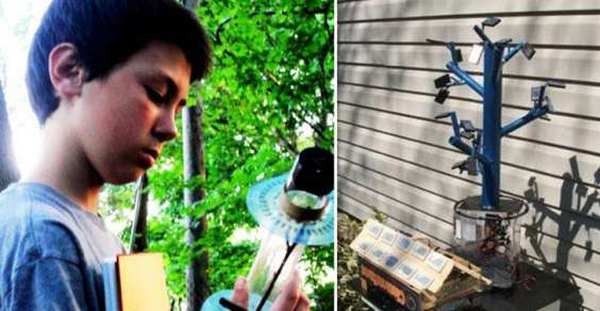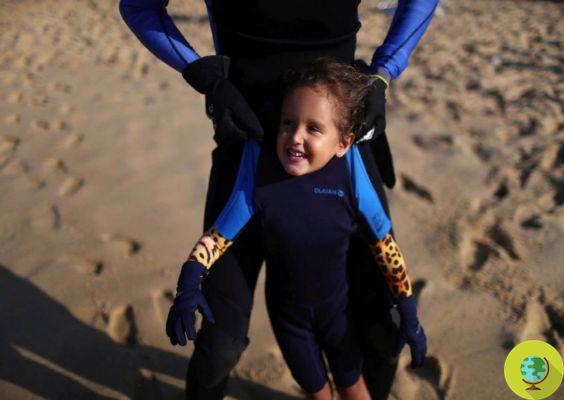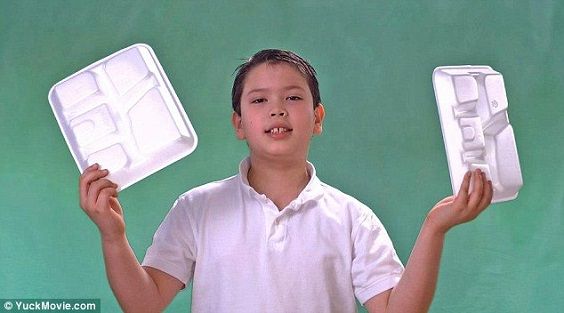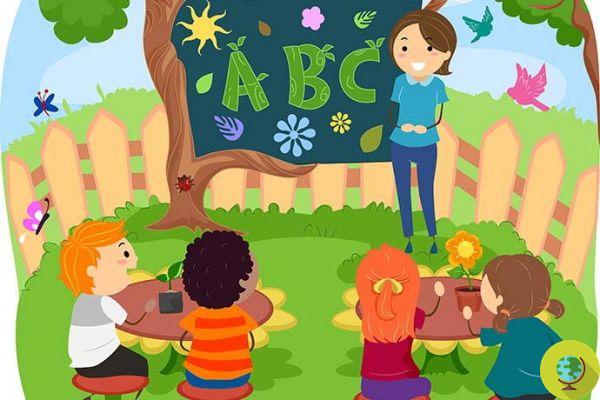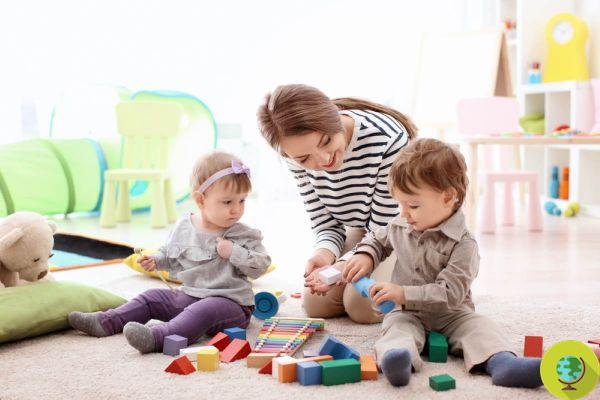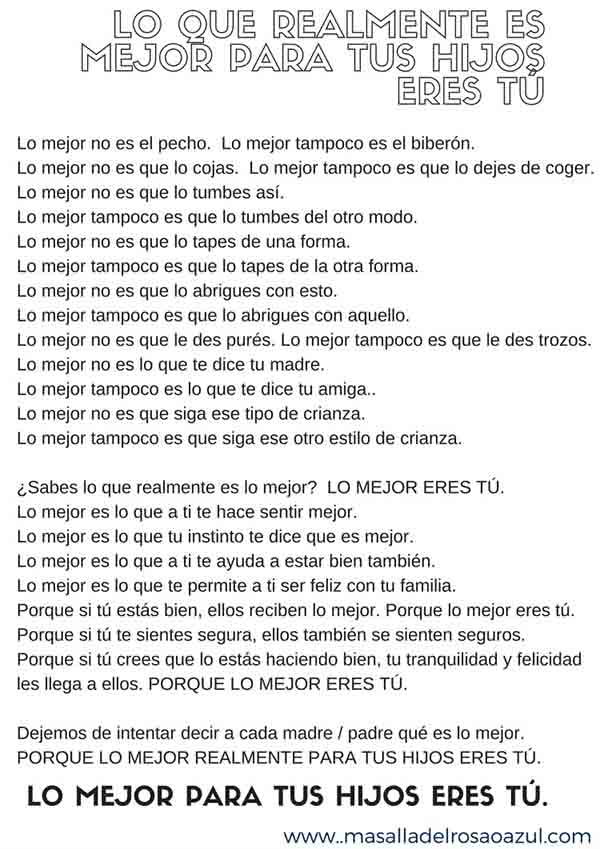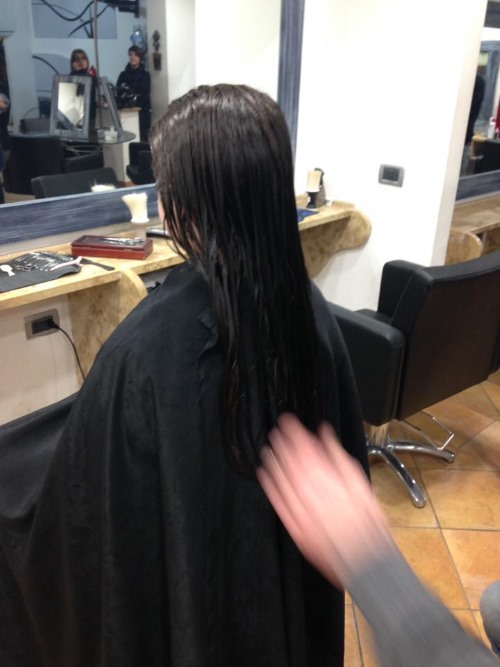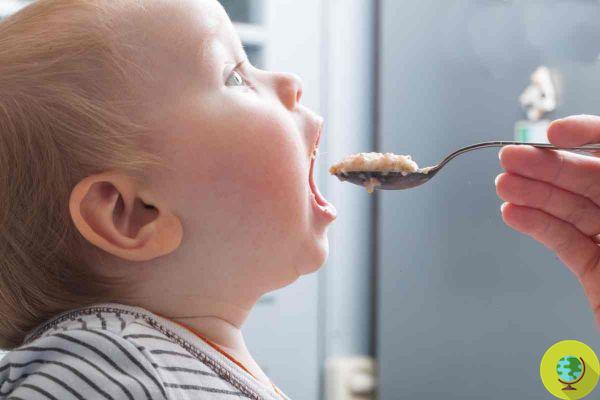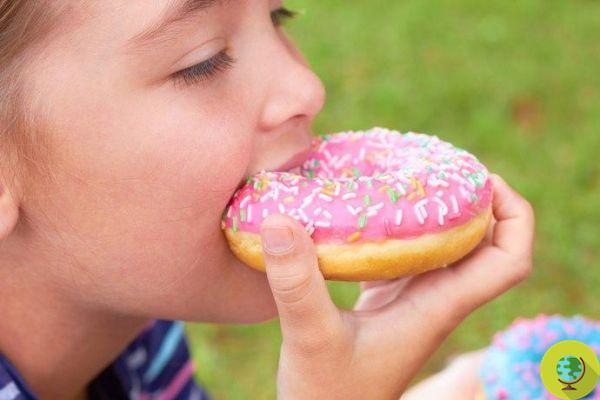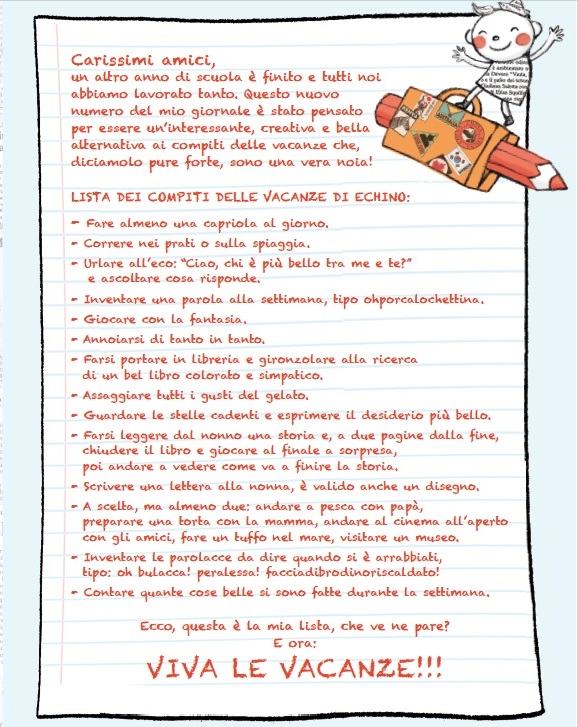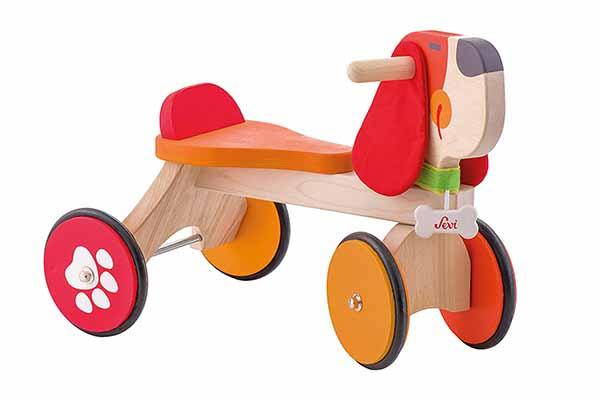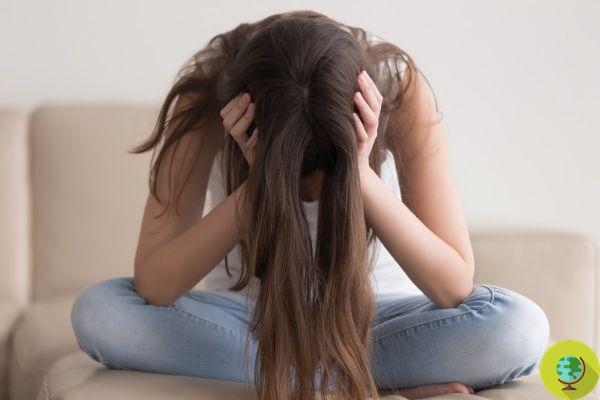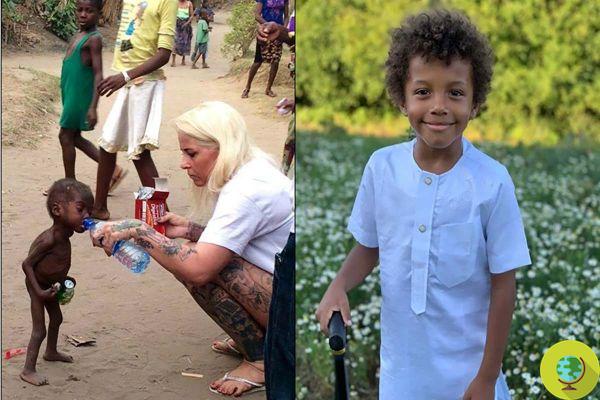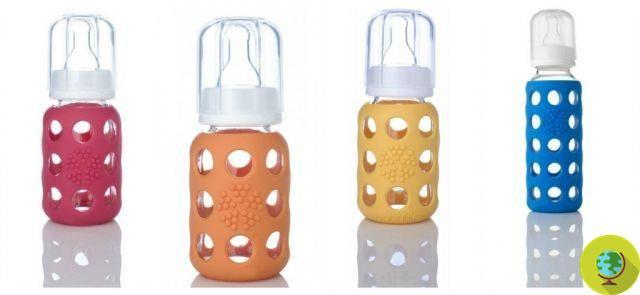Let's discover the 7 most common parenting styles, from authoritative to authoritative, from helicopter to negligent. And which ones do you recognize yourself in?
Don't store avocado like this: it's dangerousDespite the many conflicting opinions on what is or is not right to do when you become Parents, the truth is that there are no formulas that are valid for everyone because each of us has a different personality and background, things that inevitably affect how we take care of our children.
However, it is possible to identify a few popular parenting styles others according to Healthline, which are as follows:
- authoritative
- authoritarian
- attachment
- permissive
- free range
- helicopter
- not involved / negligent
Each of them includes certain characteristics and it is possible that, as a parent, you may feel that you belong to several styles at the same time. But let's see specifically what they consist of and what they are pros and cons.
Index
Parenthood attacked

In this case the parents are very close, even physically, to their children, whom they often hug and cuddle, creating a safe and secure environment. The needs of children are met without hesitation and according to a study published in 2010 on APAPsychNET, children thus educated are independent, resilient, low stressed, empathic, able to control emotions.
The cons of this parenting concern more than anything else the privacy of parents who often have to give up their private life and themselves.
Authoritative parenting
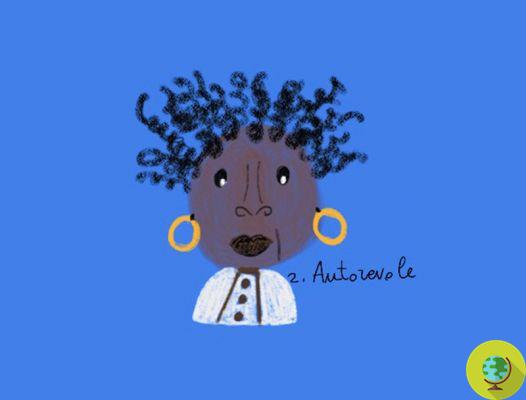
There he is more reasonable and effective parenting style according to many experts: the authoritative parent establishes clear rules and boundaries but without being authoritarian.
She also listens to her children, gives them positive feedback by showing solidarity, and has reasonable expectations. This attitude makes them more self-confident than children born to authoritarian or permissive parents. In fact, according to the Department of Health and Human Services (HHS), adolescents with authoritative parents are less likely to use drugs, violence and unhealthy sexuality.
On the other hand, this parenting style certainly involves a lot of patience and commitment on the part of the parents.
Authoritarian parenting
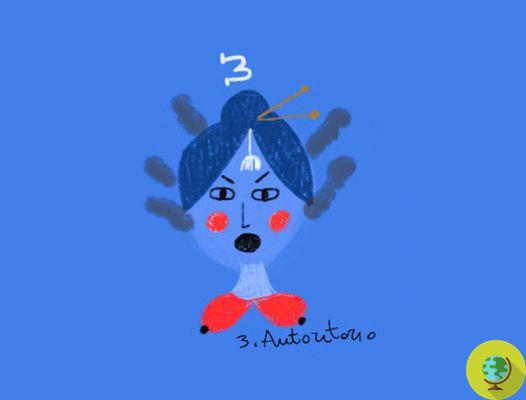
In this case, parents want to keep their children straight by imposing on them what they think is right for them. The rules are strict, sometimes severe punishments, very high expectations, little open communication.
The children of authoritarian parents tend to want to transgress the rules imposed with respect to children of other parenting styles, because they perceive them as impositions rather than understanding their motivations. They also tend to be more depressed.
Free-range parenting
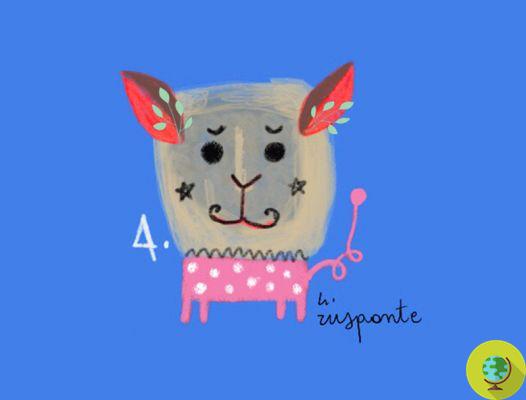
Free-range parents allow their children to take risks even if guided by them. This means that while giving rules to children, and letting them know what the possible consequences will be if they do not respect them, they encourage them to experiment and wander, thus making them more independent, responsible, free.
The pros are that these children are less likely to suffer from depression, anxiety, lack of self-sufficiency, the cons are that they are more likely to take risks.
Permissive parenting
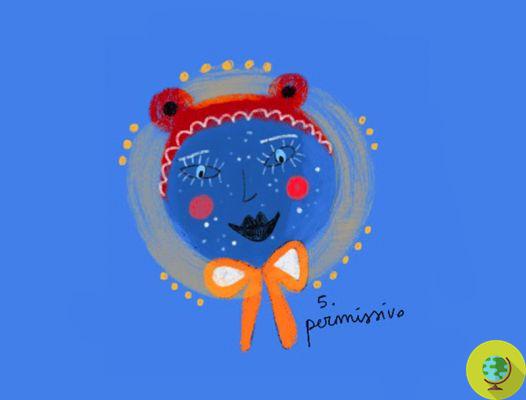
Permissive parents are loving and friendly, different from the more common traditional techniques. Here the limits are not strict, the children are not obsessively controlled, the rules are scarce and the children can make decisions on their own.
The problem with this parenting, according to experts, is that children are more likely to get into trouble since they are allowed to experience what they see fit, because mistakes are considered an integral part of life and therefore children are free to make them. taking responsibility for the consequences. However, this attitude also makes them independent and decision-making as adults, albeit more stressed.
Uninvolved / negligent parenting

Negligent parents can be neglected for various reasons, sometimes due to difficult situations such as when you are looking after a child alone. They are little involved in the lives of children, for example, they may not know their teachers, or even their best friend or their favorite foods. Consequently, children feel little loved, little appreciated, invisible.
The physical and emotional needs of the child are not met, the parents can be offensive, unresponsive, contemptuous. But this attitude is usually unaware and it is likely, according to a 2009 research, that parents of this type were themselves victims of psychological and / or physical abuse in childhood.
Pros are scarce in this type of parenting even though children raised in these families may develop more self-reliance out of necessity.
However they tend not to be able to manage their emotions, they tend to be depressed, they have more problems in social relationships, they are anxious.
Helicopter parenting
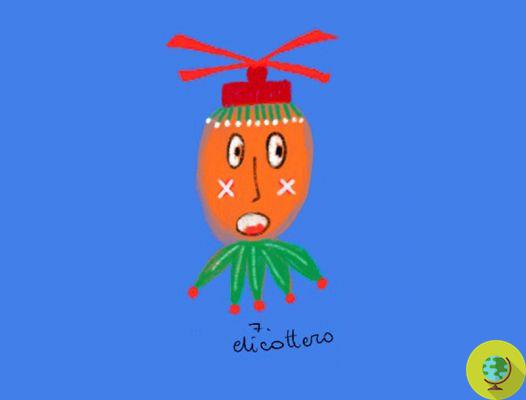
Helicopter parents organize every aspect of their children's lives, from food to friends to free time, solving their problems and offering constant assistance. This attitude, however, despite being motivated by good will, can denote a lack of confidence in the child's ability to manage situations independently, influencing his choices too much.
Children may in fact feel suffocated and dependent, but at the same time these teens, according to a 2016 research, once teenagers tend to drink less and avoid risks. However, they have less self-confidence and self-esteem, greater fear of failure, and are less likely to solve any problems.
You might also like:
- What parent are you? The 4 educational styles that determine the happiness of children
- Overprotective parents create terrible consequences for their children
Illustration by Laura De Rosa / mirabilinto.com




